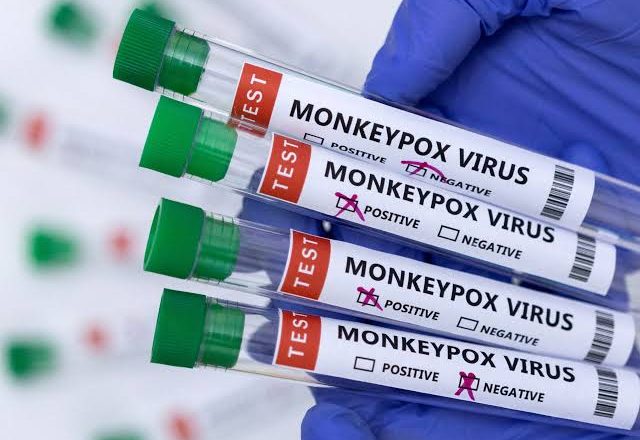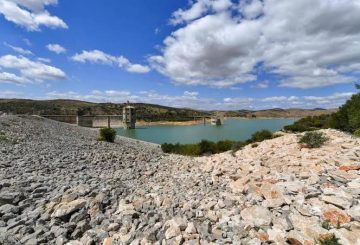The Democratic Republic of Congo is set to receive its first shipment of mpox vaccines on Thursday, followed by a second delivery on Saturday, as announced by Cris Kacita, the head of the country’s mpox outbreak response team, on Wednesday. Congo, currently the focal point of an mpox outbreak that the World Health Organization (WHO) declared a global public health emergency last month, has faced significant challenges in controlling the spread of the virus due to a shortage of vaccines.
Kacita confirmed that the initial vaccine batch would arrive on September 5, with a second delivery scheduled for September 7, but did not disclose the number of doses or the source of the vaccines. The arrival of these vaccines is expected to address a critical disparity that left African nations without access to the vaccines used during the 2022 global mpox outbreak, while they were readily available in Europe and the United States. The United States and European Union have pledged tens of thousands of doses from Bavarian Nordic, with delivery anticipated soon.
Efforts to launch the vaccination campaign are underway, with plans to commence on October 8, contingent on the timely arrival of the vaccines. Kacita emphasized the importance of public communication to ensure acceptance of the vaccination, particularly in the six targeted provinces equipped to store the doses at the necessary temperature. However, the WHO’s acting director for epidemic and pandemic prevention, Maria Van Kerkhove, noted that combating misinformation surrounding the vaccines remains a priority.
The vaccination rollout in Congo faces considerable obstacles, including logistical challenges in a country the size of Western Europe and the need to maintain the vaccines at extremely low temperatures. Initially, the limited vaccine supply will be prioritized for the contacts of known cases. Although the vaccine by Bavarian Nordic is not licensed for children, discussions are ongoing about its use in Congo, where children are at high risk, under WHO guidelines that allow its use when benefits outweigh risks.
- Tags: DRCongo, Global Health, Mpox, Outbreak, Public health, Vaccine delivery





